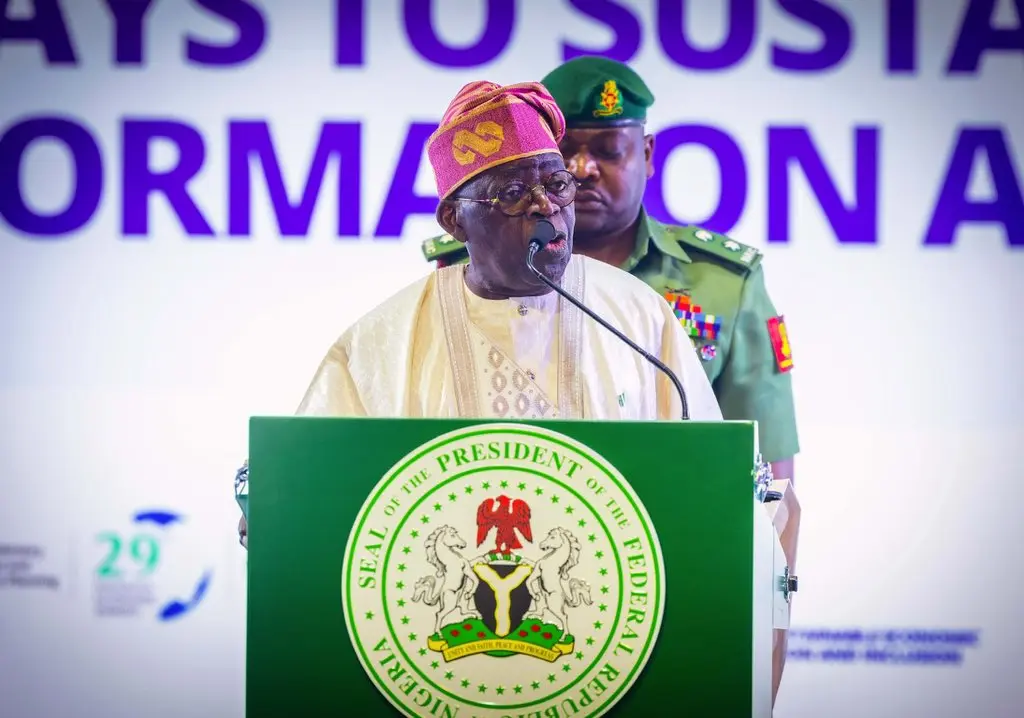President Bola Ahmed Tinubu has reiterated his administration's commitment to implementing tax reforms, despite mounting opposition from northern governors and lawmakers. Speaking during his first Presidential Media Chat, aired on Nigerian Television Authority (NTA), Tinubu emphasized the necessity of modernizing Nigeria's tax system to address colonial-era assumptions and broaden the tax base.
The tax reforms, comprising four bills transmitted to the National Assembly, have drawn mixed reactions nationwide. While southern stakeholders have largely supported the reforms as steps toward equitable resource distribution, northern governors and legislators have voiced concerns about potential regional disadvantages.
Responding to the criticisms, Tinubu stressed that the reforms aim to be pro-poor and would not impose taxes on vulnerable populations. “Tax reform is here to stay. We must bake a larger cake to share a larger meal,” he stated, adding that leadership requires making tough decisions at the right time.
On the broader economy, Tinubu defended the removal of fuel subsidies, describing it as a necessary step to prevent financial disaster and safeguard future generations. He encouraged Nigerians to adopt prudent resource management, highlighting the importance of boosting local production to reduce inflation and dependency on imports.
Addressing recent tragedies during palliative distributions, the President criticized poor organizational practices and called for better discipline and planning in such events.
On corruption, Tinubu cited the removal of subsidies and increased transparency in revenue allocation as key anti-corruption measures. He also pointed to the discovery of illicitly acquired properties linked to former officials as evidence of his administration's resolve to combat corruption.
The President outlined plans to combat rising food prices by increasing agricultural production rather than imposing price controls, asserting, “I believe in increasing supply to meet demand.”
Tinubu’s comments touched on various policy areas, including student loans, infrastructure development, and cabinet efficiency, signaling his administration’s focus on economic stability and growth.




